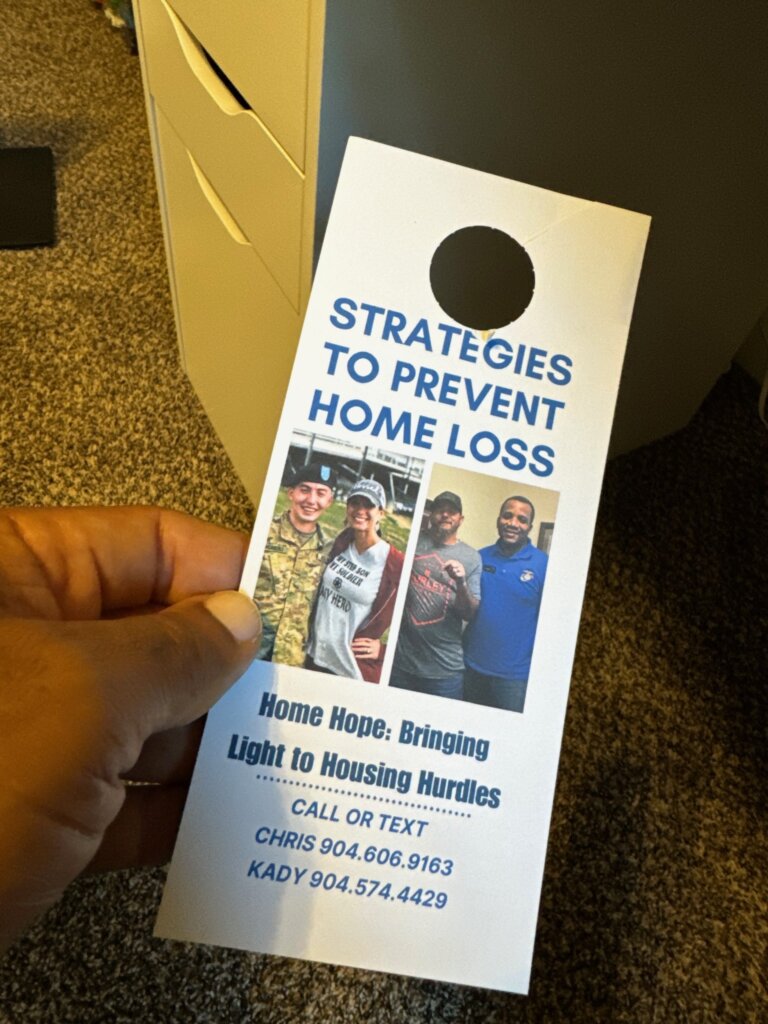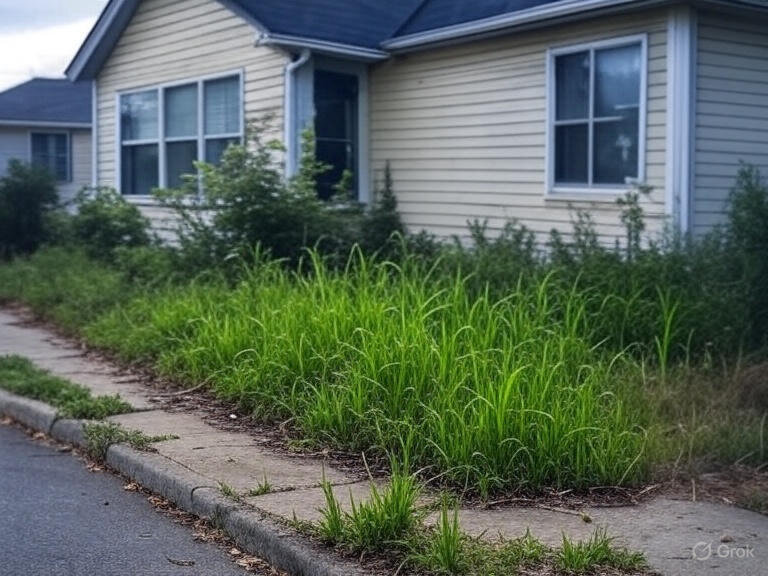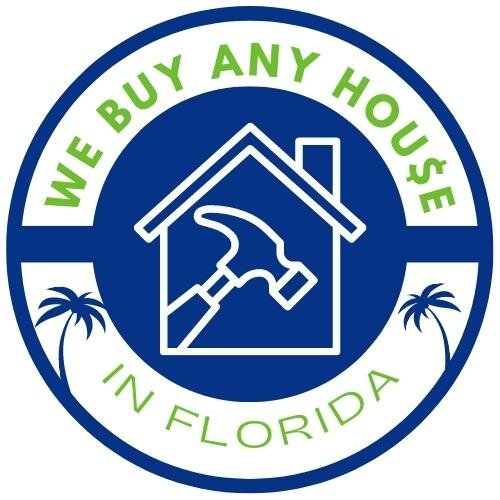Let’s be real. Nobody plans to go through foreclosure. It’s one of those situations that can turn your life upside down faster than you think. If you’ve missed a few mortgage payments, the word “foreclosure” has probably already popped up in letters from your lender or in late-night Google searches. And it’s scary, not just because of losing your home, but because of the ripple effect it can have on your credit, your finances, and your peace of mind.
Here’s the thing: understanding what foreclosure really means, how it works, and what your options are can make the difference between a complete financial disaster and a situation you recover from faster than you imagined. Let’s walk through the process, the consequences, and the alternatives in plain English.
What Is Foreclosure and How Does It Work?

Foreclosure happens when you stop making your mortgage payments and your lender takes legal steps to repossess your home. It’s basically the lender’s way of saying, “We need to recover the money you borrowed.” The process starts with missed payments, then a notice of default, and eventually a foreclosure sale where the home is either auctioned off or taken back by the bank.
In some states, a judge has to approve the foreclosure (judicial foreclosure). In others, the lender can go through a nonjudicial process, which moves a lot faster. Either way, the clock starts ticking the moment your payments fall behind.
Immediate Consequences of Foreclosure
Your Credit Score Takes a Big Hit
Foreclosure is one of the worst marks you can have on your credit report. You’re looking at a drop of 100 to 160 points, sometimes more if you had good credit to begin with. And it sticks around for seven years. That’s not just a number, it can affect your ability to rent, get loans, or even qualify for certain jobs.
You Lose Your Home
This part is obvious but still worth saying. Once the foreclosure is finalized, you lose the legal right to live in your home. Depending on your state, you might have to move out in a matter of days or weeks. And yes, the sheriff can show up if you don’t leave on your own.
You Might Still Owe Money
If your house sells for less than what you owe, the lender can come after you for the difference, this is called a deficiency balance. Not every lender does this, and some states have laws that limit it, but it’s something you don’t want to be surprised by.
Long-Term Financial Consequences
Getting Another Mortgage Won’t Be Easy
Most lenders make you wait three to seven years after foreclosure before they’ll even consider giving you a new mortgage. And when they do, your interest rates are probably going to be higher.
Higher Rates on Everything
It’s not just home loans. A foreclosure tells lenders you’re a higher risk, which means credit cards, car loans, and even personal loans could come with a higher price tag.
Trouble Renting Certain Properties
Plenty of landlords check credit reports. If they see a foreclosure, they might ask for a bigger deposit or just move on to the next applicant.
The Legal and Emotional Side
Foreclosure isn’t just a stack of paperwork. It’s emotional. It can make you feel like you failed, even if the situation was out of your control. It’s also public record, so technically anyone can see it. That can feel invasive.
Foreclosure Consequences and How to Avoid Them
| Consequence | How to Avoid It |
| Credit score drop | Call your lender early. Sometimes they’ll work with you on a repayment plan. |
| Losing your home | Consider a short sale or deed in lieu of foreclosure before the process finishes. |
| Owing leftover debt | Negotiate with your lender for forgiveness or a lump-sum settlement. |
| Higher loan rates later | Rebuild credit with on-time payments and small, manageable debt. |
Alternatives to Foreclosure
You’ve got options, even if it feels like you’re out of time. Here are a few ways people avoid foreclosure:
• Short sale: Sell your home for less than you owe with the lender’s approval.
• Deed in lieu: Hand the keys back to the lender instead of going through foreclosure.
• Loan modification: Change your loan terms to make payments more affordable.
• Sell before foreclosure: If you’ve got equity or can find a cash buyer, this can stop the process fast.

Life After Foreclosure: Yes, You Can Recover
Foreclosure isn’t the end of the road. People bounce back all the time. Start with checking your credit report and disputing any errors. Pay every bill on time, even the small ones. Use secured credit cards if you need to rebuild. And don’t be afraid to lean on financial guidance services, they’re there for a reason.
Frequently Asked Questions About Foreclosure
What are the consequences of foreclosure?
It can wreck your credit, cost you your home, and sometimes leave you with extra debt.
How long does foreclosure affect my credit score?
Usually seven years from the date of your first missed payment.
Can I buy a home after foreclosure?
Yes, but expect to wait at least three years and often more.
If my house is foreclosed, do I still owe the bank?
Sometimes, if the sale price didn’t cover the full loan balance.
When is it too late to stop foreclosure?
Once the foreclosure sale is done, your options are extremely limited.
Final Thoughts
Foreclosure is tough, no doubt about it. But the sooner you face it head-on, the better your chances of coming out with your finances and your sanity intact. Talk to your lender, explore all your options, and remember that this doesn’t have to define the rest of your financial life.
